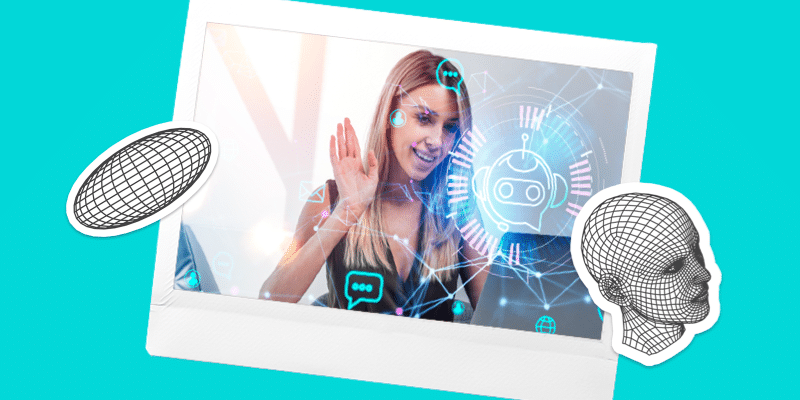Embrace the might of artificial intelligence, but remember, great power demands great responsibility. As a student, I’m here to help you wield AI wisely and effectively. Check out my tips and tricks below!
Be Smart
Let’s start with an obvious one. As AI technology becomes more available in education, students should be aware of the risks associated with plagiarism. AI-powered writing tools can generate content quickly but using them without proper attribution can lead to unintentional plagiarism. Plagiarism can get you kicked out of post-secondary institutions and black-listed from ever being allowed in again. To avoid academic misconduct, you should carefully review AI-generated text, ensure proper citations, and use AI as a reference rather than a substitute for original work. Embracing AI responsibly can enhance learning, but upholding academic integrity and ethical writing practices is essential. And remember that original work will always be received better than AI influenced work.
What software is right for you?
AI software can be helpful across various majors and fields, enhancing productivity, research capabilities, and problem-solving. Here are some AI software applications that can benefit students in different majors:
Math:
- Mathematical Software: Programs like MATLAB, Mathematica, or Python libraries like NumPy and SymPy can aid in numerical computations, symbolic mathematics, and data analysis.
- Wolfram Alpha: A powerful computational knowledge engine that can assist with solving mathematical problems, performing algebra, calculus, and more.
English/Arts:
- Grammarly: An AI-powered writing assistant that helps with grammar, spelling, and style checks to improve written communication.
- Turnitin: A plagiarism detection tool to ensure academic integrity in essays and research papers.
- Storytelling AI: AI-driven tools that can assist in generating creative writing prompts or story outlines.
Engineering:
- CAD Software: Computer-Aided Design (CAD) tools like AutoCAD, SolidWorks, or CATIA for designing and modelling engineering projects.
- Simulink: A MATLAB-based tool for simulating and modelling dynamic systems in various engineering disciplines.
- Ansys: Engineering simulation software for structural analysis, fluid dynamics, and other engineering simulations.
Science:
- Data Analysis Tools: Python libraries like Pandas, NumPy, and SciPy for scientific data manipulation and analysis.
- ImageJ: An open-source image processing program widely used in biological and medical research.
- Geneious: A bioinformatics software for DNA sequence analysis and molecular biology research.
Computer Science/Programming:
- Integrated Development Environments (IDEs): Software like Visual Studio Code, PyCharm, or Eclipse for coding and development.
- TensorFlow and PyTorch: Popular AI frameworks for machine learning and deep learning research and applications.
- Jupyter Notebooks: Interactive computing environments for creating and sharing code, visualizations, and data analysis.
Business/Economics:
- IBM Watson Analytics: An AI-powered data analytics platform for business insights and predictive analysis.
- Xero: AI-driven accounting software for small businesses.
- SAS Business Intelligence: A suite of business intelligence tools for data visualization and reporting.
Remember that the usefulness of these tools may vary based on individual preferences and specific course requirements. It’s always a good idea to consult professors and peers to determine the most appropriate AI software for your studies.
Discuss It
Engaging in ethical discussions is crucial as a student in the age of AI. By actively joining these conversations, you can exchange valuable ideas and share knowledge to foster a deeper understanding of AI ethics and best practices. This approach helps promote a culture of responsible AI use, empowering students and educators alike to navigate the complexities of AI technology with heightened awareness and sensitivity to ethical considerations. Everybody should be on the same page about AI usage and what the expectations are.
Verify Information
When verifying information, it is essential not to depend solely on AI-generated content or sources. Instead, adopt a critical approach by cross-checking the information acquired through AI tools with reputable, human-verified sources. This rigorous fact-checking process helps ensure the accuracy and reliability of the information you use in your academic work. By incorporating human-verified sources into your research, you can control the risk of potential biases or inaccuracies that may arise from AI algorithms, thus maintaining the highest standards of integrity and credibility in your studies.

